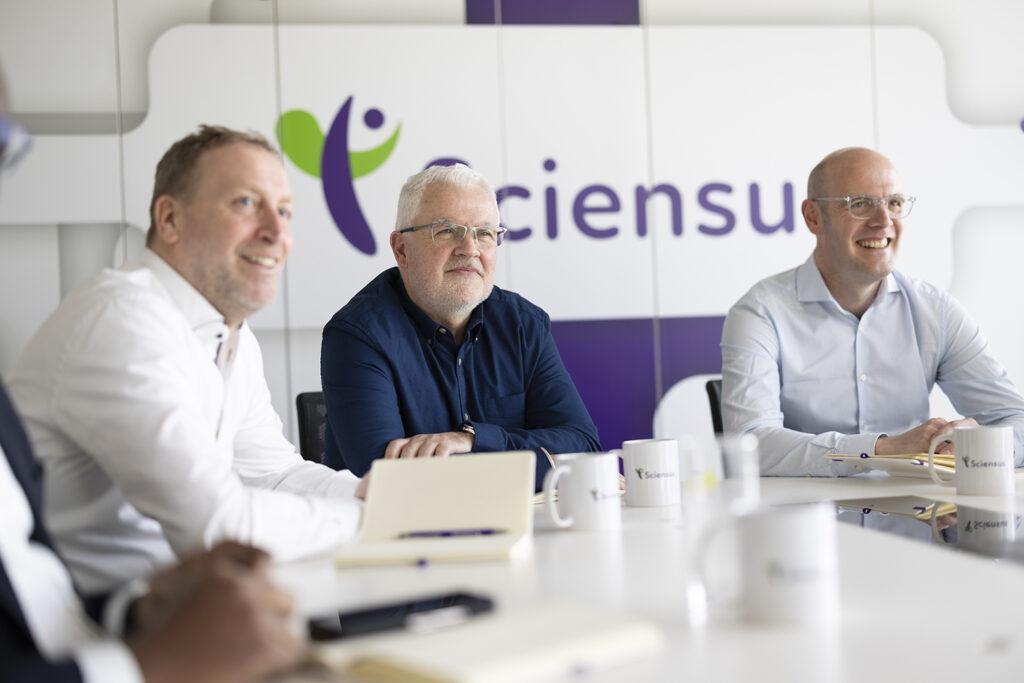
An introduction to PASS studies
PASS studies: optimising and simplifying observational safety and efficacy studies
If you’re looking to launch a new orphan drug in Europe, you may come up against the term PASS. PASS stands for post-authorisation safety study. It’s a form of non-interventional observational study that the European Medicines Agency (EMA) uses to assess the safety and efficacy of a drug, where clinical trial data may be insufficient. The EMA’s Pharmacovigilance Risk Assessment Committee (PRAC) is in charge of evaluating the protocols and results of PASS.

What is PASS?
Regulatory bodies often require observational safety studies, such as the EMA’s PASS, to ensure ongoing pharmacovigilance and to identify any rare adverse events that may not have been evident during clinical trials. These studies gather real-world data from diverse patient groups to assess the long-term safety and effectiveness of medications.
Whilst PASS specifically refers to a study conducted after a medicine has been approved, an observational may also be conducted prior and can be a critical requirement of an expanded access program. The EMA may impose a PASS alongside a marketing authorisation under exceptional circumstances and the competent authorities of a country may request that a monitoring protocol be implemented for an access program. However, PASS are also a voluntary option for biotechs that wish to drive a more patient-centric approach.
Observational studies, such as PASS, can be a valuable means through which to gather real-world data on your product’s performance. They can improve our understanding of a drug’s safety profile, supporting informed decision-making from healthcare professionals and regulatory agencies. This is especially important when it comes to rare and orphan drugs where clinical trial data is typically quite scarce.
What are the common challenges faced by biotechs running observational safety studies in Europe?
There are several key steps to developing and implementing a PASS, such as study design, protocol development, ethics approval, patient recruitment, data collection, analysis, and reporting.
The first and most obvious challenge companies must overcome when looking into running a study such as PASS in Europe is the complex makeup of the European market. With 27 countries, nearly as many languages, and complex and varied healthcare systems and regulatory and ethics approaches, Europe can be a tough nut to crack.
If a PASS is mandated by the EMA, the path can be slightly smoother with less red tape to cut in each market. But there are still a significant number of factors to consider. For this reason, many companies turn to local partners to help them design their approach, overcome regulatory hurdles, to ensure they can gain approval for the study across as many markets as needed.
Let’s say, that you’ve successfully navigated these challenges, what’s next? Well, first you have to find a way to engage patients in the study to ensure you can gather enough information to generate robust results. Physically identifying the patients isn’t such an issue as anyone prescribed the drug in question should be eligible, but how do we encourage them to participate?
One option is to implement digital solutions for capturing patient-reported measures and to seize the opportunity of the study to provide nurse-led supportive interventions such as emotional support or signposting to patient organisations. Not only does this improve the data collection process and support data security, but it also makes participation easier and more attractive to patients. This is especially true if these solutions offer patients and their families a way in which to view all the data submitted and see trends and changes for themselves.

How can Sciensus help you optimise your observational study?
Every year we support hundreds of thousands of patients across 27 countries and have long-term relationships with over 300 consultants and partnerships with more than 30 pharmaceutical companies.
We have a deep understanding of the European regulatory landscape, with local experts on the ground in every market. Armed with this knowledge, we can help you design study protocols that work across Europe and offer an opportunity to add additional value to patients through supportive interventions. Our team also boasts significant real-world data and analytics expertise which can help you gain the deepest insights from your study.
About Sciensus
Over and above support with observational studies such as PASS, Sciensus also offers a comprehensive, but entirely customisable, service model for launching new rare and orphan drugs into Europe. We are experts in rare and ultra-rare disease medicine, offering support on a European scale. Our expertise and service offering covers every part of your European venture, from early access and regulatory approval to distribution and patient support programs – the Sciensus service model is designed to make the complex simple.

